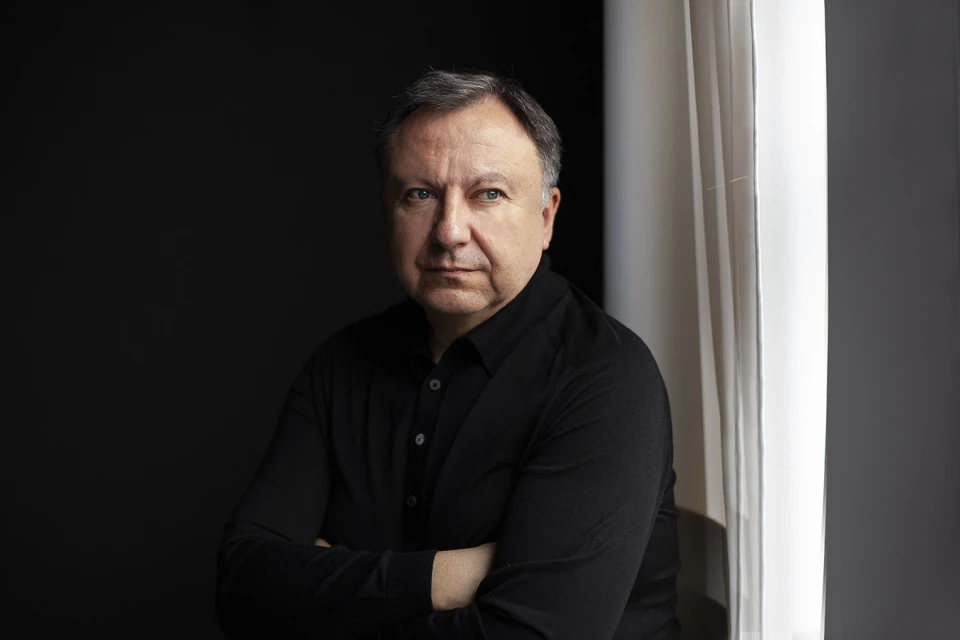
Border blocking is operation against Ukraine and new Polish government
Western media became interested in the case of blocking the Ukrainian-Polish border
The New York Times and Reuters, in particular, wrote a report about the lawlessness that is taking place on the main routes of the 'corridor of life' for Ukraine. While on the Polish side of the border, their journalists saw trucks with hundreds of drones, pickup trucks, night vision devices, and other weapons for the Ukrainian soldiers lined up.
They saw what Ukrainian carriers, volunteers and journalists have been talking about since the beginning of the border blockade. I spoke with Polish politicians about the scandal at the border, wrote numerous articles, filmed video blogs, gave interviews and wrote an appeal to Ukrainian ministries.
Everything was clear and understandable from the first day of the blockade and the voicing of its organizers' demands, which were unrealistic and designed to block Ukraine's 'corridor of life.'
The 'corridor of life' is a hostage to 50 people
Marcin Ociepa, Deputy Minister of Defense in the government of Mateusz Morawiecki, who will end his term on Monday, December 11, decided to refute the reports of Western media. On that day, the government will not receive a vote of confidence in the Sejm, and the new coalition will elect Donald Tusk as prime minister.
In a television interview, Ociepa "strongly denied" the information provided by Western media, stating that the military convoys are escorted by the Military Patrol Service of the Polish Army. No one is stopping them, they are privileged cargo, so they "are not hostages to any protests."
Well, the Vice Minister of Defense has finally admitted the truth, which is that the main 'corridor of life' for Ukraine has become a hostage to a group of 50 people and the political game of the Law and Justice party, which is in the process of leaving power.
The situation in which the participants of the border blockade were able to stop, check and prevent the entry of cargoes with tanks, armored personnel carriers, artillery and shells for the Armed Forces was the top of lawlessness. Would the Polish state, as a NATO member, cease to exist?
Would it have been replaced by an entity on Ukraine's southwestern border where everyone who is not too lazy is running the show: carriers who are angry with the world, farmers who are not satisfied with the prices of their products, and Russian agents? No, of course not.
I'm being ironic, because in the case of the blockade, everything is falling into place.
Orban's organic connection to Moscow
Presenting his Cabinet of Ministers on December 8, Tusk said that the border with Ukraine is a strategic location for Poland. And blocking the border is a matter of national security for Poland. So, the blockade must end, no matter who organizes the protests on the border.
I am confident that this will happen when Polish ministries and services are headed by professionals, people who are loyal to their country, the European Union and NATO. Those who understand that Poland will be Russia's next target after Ukraine, so helping a country at war is about protecting their own security.
During his speech, Tusk drew attention to the "inexplicable mutual self-admiration" - as he put it - of Jarosław Kaczyński and Viktor Orban. Tusk added that the Hungarian prime minister has openly adopted Russian positions. "His connection, Tusk emphasized, with Putin and Moscow is organic."
The future Polish prime minister said that during the European Council meeting (December 14-15, when a decision will be made on 50 billion euros in aid to Ukraine and on the start of negotiations on Ukraine's accession to the EU), he will speak out strongly on the case of Ukraine, Hungary, and Orban. He added that the leaders of other countries will take Poland's voice into account.
Analyzing the reasons for the blockade at the border and the delays in forming a government by Donald Tusk and the coalition that supports him, we must remember that one of the motives for extending the blockade was to prevent Tusk from speaking at a meeting of the European Council. The enemies of Ukraine's European integration wanted Orban's position, not Tusk's, to be considered the representative voice of Central and Eastern Europe.
About the author. Mykola Kniazhytskyi, journalist, Ukrainian lawmaker.
The editors don't always share the opinions expressed by the authors of the blogs.
- News














































